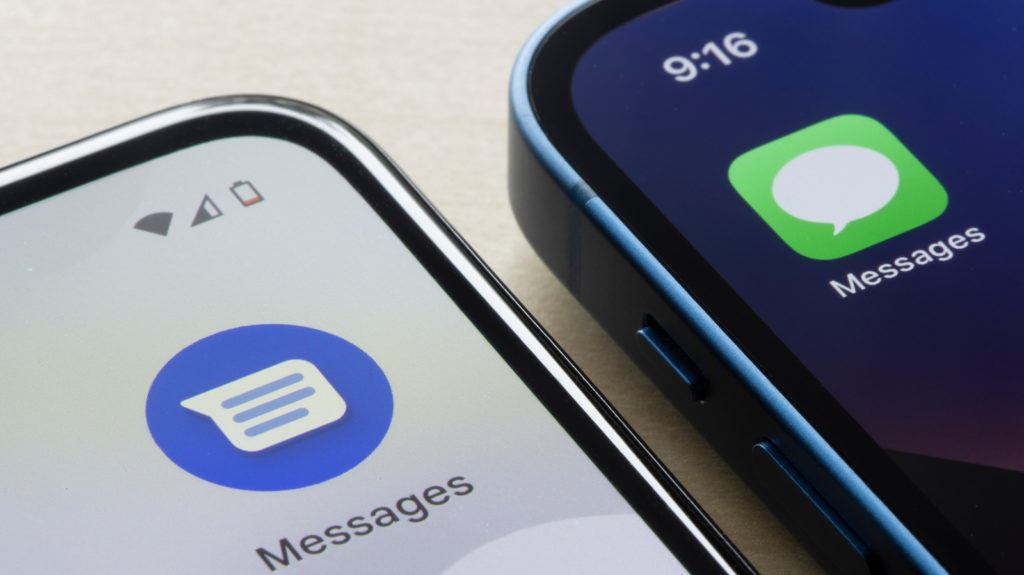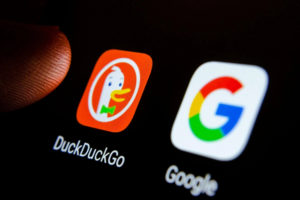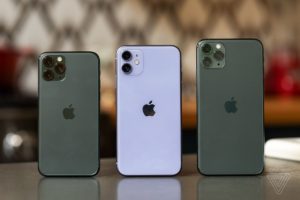Rich Communication Services or RCS has been a buzzword for the past few years and for good reason. RCS is the next generation of SMS, and it offers many features that iMessage users have been enjoying for years, such as group chats, read receipts, typing indicators, stickers, GIFs, and more. But unlike iMessage, which is exclusive to Apple devices, RCS is an open standard that can work across different platforms and carriers.
Recently, we’ve seen Nothing, a new disruptive Android OEM rolling out a hacky way of enabling iMessage support for their Nothing Phone 2 in a bid to lure iMessage die-hard fans to the Android world. I believe there is another way to go about this and that involves Android users being a little proud of Chat and RCS.
You might be wondering why you should care about RCS, especially if you already use other messaging apps like WhatsApp or Telegram. Well, the answer is simple: RCS is the future of texting, and it’s already here. Google has been working hard to roll out RCS to all Android users worldwide, and as of now, close to a billion people can use it.
Related:
That means that if you have an Android phone, chances are you already have RCS enabled on your device. All you need to do is open your default messaging app and start chatting with your contacts! I mean I have a Samsung device that’s preinstalled with Samsung’s own default messaging app, not the Google Messages app and even that does support RCS and Chat, albeit to a limited extent.
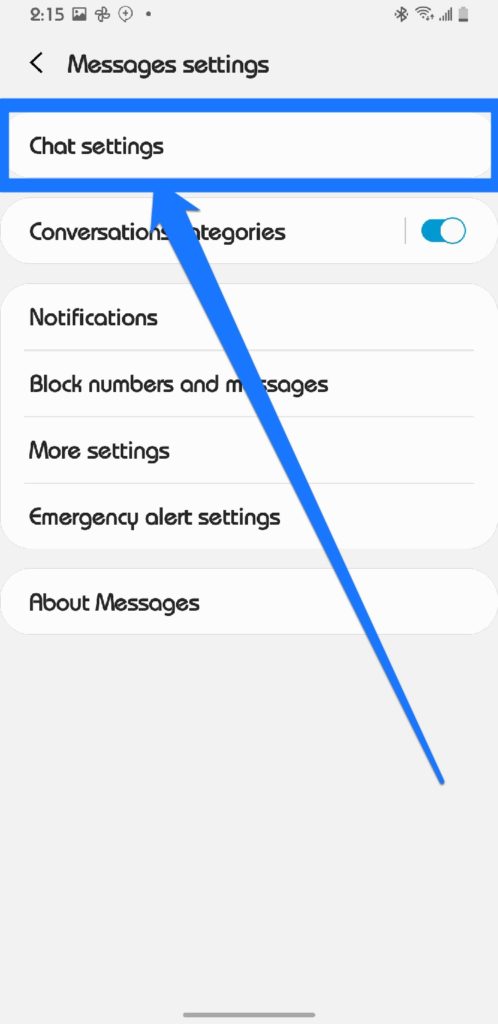
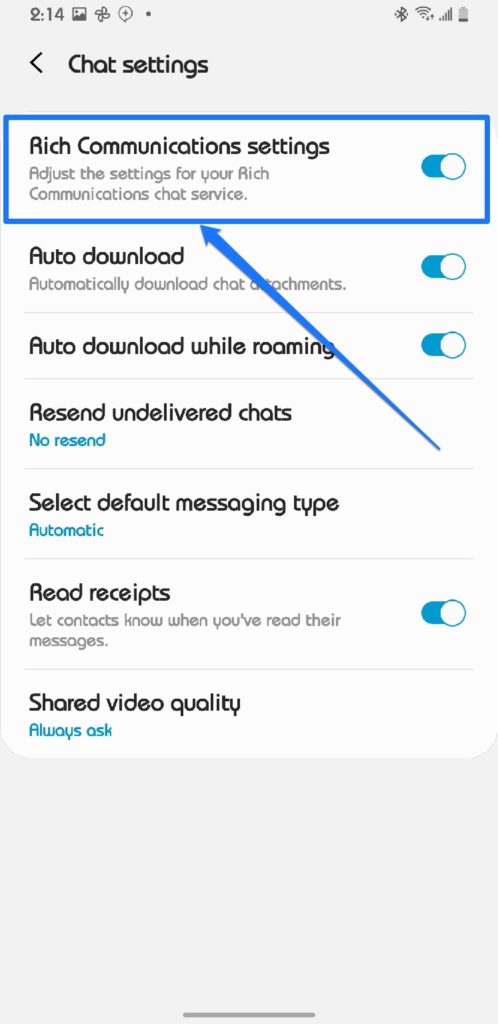
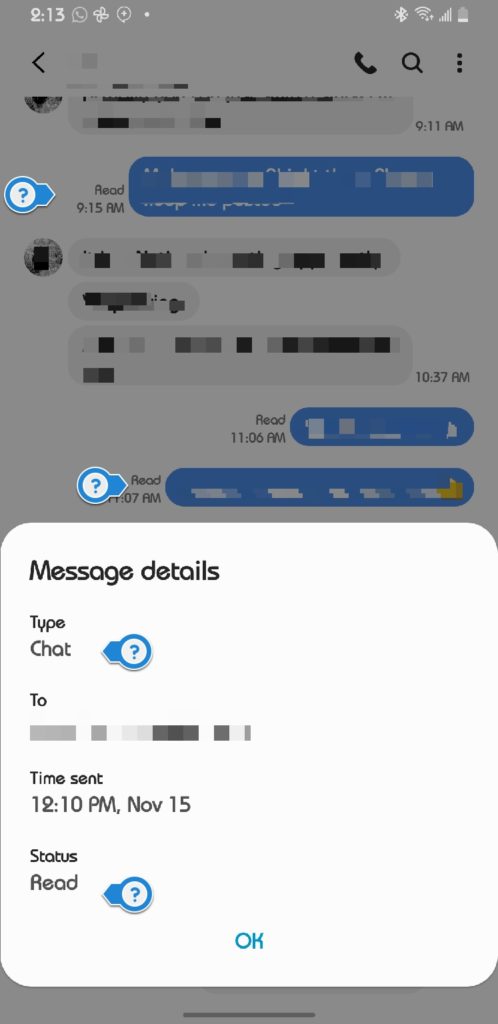
But what about your friends who use iPhones? Well, that’s where things get tricky. Apple has not shown any interest in supporting RCS on its devices, and instead continues to push iMessage as its own messaging service.
This creates a divide between Android and iPhone users, where the former can enjoy the benefits of RCS, while the latter are stuck with SMS or forced to use other apps. This also gives Apple an unfair advantage in the smartphone market, as many people choose to stay with iPhones because of iMessage.
Related:
- Here is what you need to know about SMS’ successor; RCS
- ‘iMessage for Android’, Google Chat now available in Kenya via the Google Messages app
Android Users need to Glorify RCS and Chat, make iMessage the Outsiders
This is why we, as Android users, should lead the way in adopting RCS technology and move beyond iMessage. We should not let Apple dictate how we communicate with each other, and we should not settle for less than what we deserve. We should embrace RCS as the new standard for texting and show our iPhone friends what they’re missing out on.
We should also pressure Apple to join the RCS movement and make iMessage compatible with Chat. This would benefit everyone, creating a more unified and seamless messaging experience across devices.
How can we do this? Well, there are a few ways. One is to join the #GetTheMessage campaign, a global initiative launched by Google and other mobile operators to promote RCS and urge Apple to support it.
Another way is to support the EU’s Digital Markets Act, a proposed legislation that aims to prevent tech giants from abusing their market power and harming consumers. One of the provisions of this act is to designate iMessage as a core platform service, requiring Apple to open it up to other platforms and services. This would level the playing field for RCS and other messaging apps, preventing Apple from locking its users into its ecosystem.
You’re both on Android? Use RCS!!
But the most effective way to promote RCS is to simply use it. If you have an Android phone, start using your default messaging app for all your texts. As long as it indicates ‘Chat’ on the typing field, you’re in business! Cue the Blue bubbles.
Chat has come a long way since its initial rollout in 2019. Today the messages are end-to-end encrypted, you have read receipts, typing indicators, support for group chats, reaction to messages and much much more.
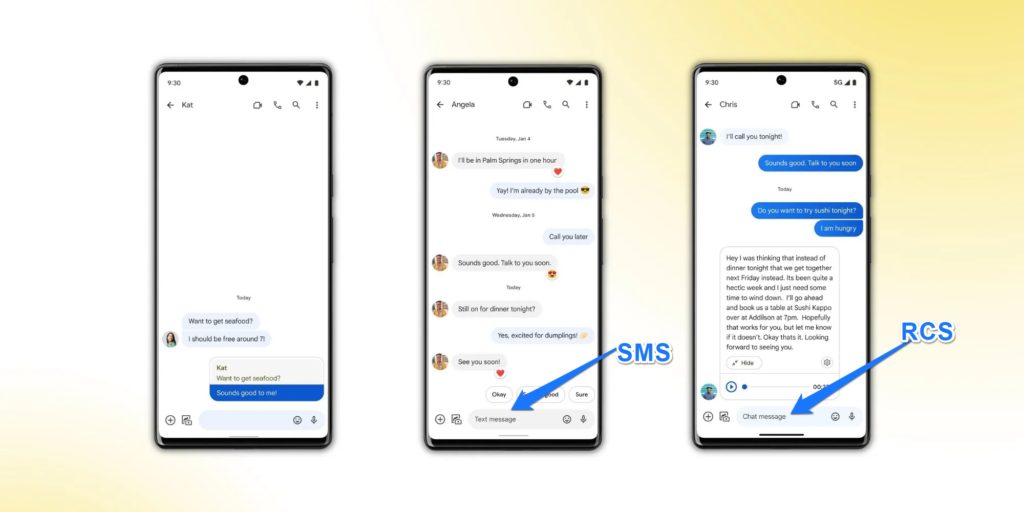
Let’s not let them make us feel inferior or left out because of the green bubbles. Remember that you have access to a better and more advanced messaging technology than they do.
Android users make up the majority of smartphone users in the world, and we have the power to shape the future of communication. Let’s not waste this opportunity by idolizing iMessage or settling for SMS. Let’s embrace RCS and move beyond iMessage. Let’s show Apple and the world that we are not second-class citizens in the messaging space. Let’s get the message.
The #GetTheMessage Campaign
Android users have been actively involved in the #GetTheMessage campaign, spotlighting Apple’s resistance to adopting RCS as a standard. While the campaign playfully taunts Apple, its underlying message is clear: it’s time for Apple to embrace the open standard of RCS, putting an end to the color-coded messaging divide.
The #GetTheMessage campaign serves as a rallying cry for not just Android users, but iMessage users worldwide, urging them to unite in the pursuit of a more inclusive and seamless messaging experience.
But then the internet can be a nasty place, we know that. As we engage in the #GetTheMessage movement, it’s crucial to recognize that this is not merely a battle between Android and Apple users. It’s a call for innovation, interoperability, and breaking down the walled gardens that hinder progress in the tech industry.
By advocating for RCS, the tech community, big dogs like Google, carriers across the globe and Android users champion a messaging future where the platform matters less than the content of the conversation.
EU’s Digital Markets Act
In a bold move, Google and other major players in the tech industry have co-signed a letter urging the EU to designate iMessage as a core platform service under the Digital Markets Act. This indicates a growing recognition that iMessage’s closed nature is not only a limitation but also a potential violation of fair market practices.
The letter, signed by an unnamed Google senior vice-president, alongside the CEOs of Vodafone, Deutsche Telekom, Telefónica, and Orange, argues that iMessage meets the threshold for being a core platform service under the Digital Markets Act.
Designating iMessage as such would require Apple to open its messaging platform to other services, leveling the playing field and fostering healthy competition.
The EU’s Digital Markets Act represents a pivotal step towards a more open and competitive digital landscape. By supporting this legislation, Android users contribute to the broader effort to dismantle the silos that stifle innovation and limit consumer choice. It’s an acknowledgment that a diverse and interconnected messaging ecosystem benefits everyone, regardless of their choice of smartphone.
Android has the Dominance
While Google has played a significant role in promoting RCS, the responsibility to make iMessage users feel like outsiders lies with us, the Android enthusiasts. Let’s showcase the capabilities of RCS and Chat, making them the envy of the smartphone world.
Google’s commitment to RCS reflects a dedication to breaking down communication barriers and creating a universal messaging experience. The widespread availability of RCS on Android devices positions Chat as a formidable player in the messaging arena, surpassing the limitations of iMessage’s closed ecosystem.
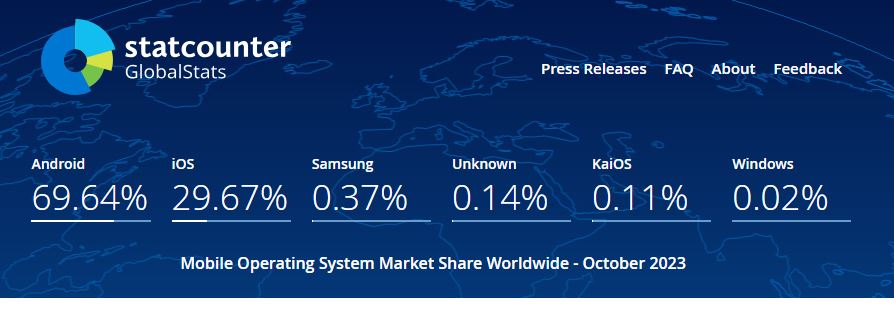
As Android users, we hold the key to a messaging revolution. By actively embracing Chat, we not only elevate our own communication experience but also inspire a shift in the industry’s dynamics.
Our collective adoption of RCS with Chat sends a clear message to tech giants: the future of messaging is open, interoperable, and user centric.
The Power of Choice
In a world where smartphones have become increasingly capable, it’s crucial not to let a single app dictate our choices. Embracing RCS is not just a technological evolution but a step towards a more open, connected, and inclusive messaging future. So, let’s lead the way, celebrate our messaging diversity, and make iMessage users the outliers in a world that values choice and interoperability.
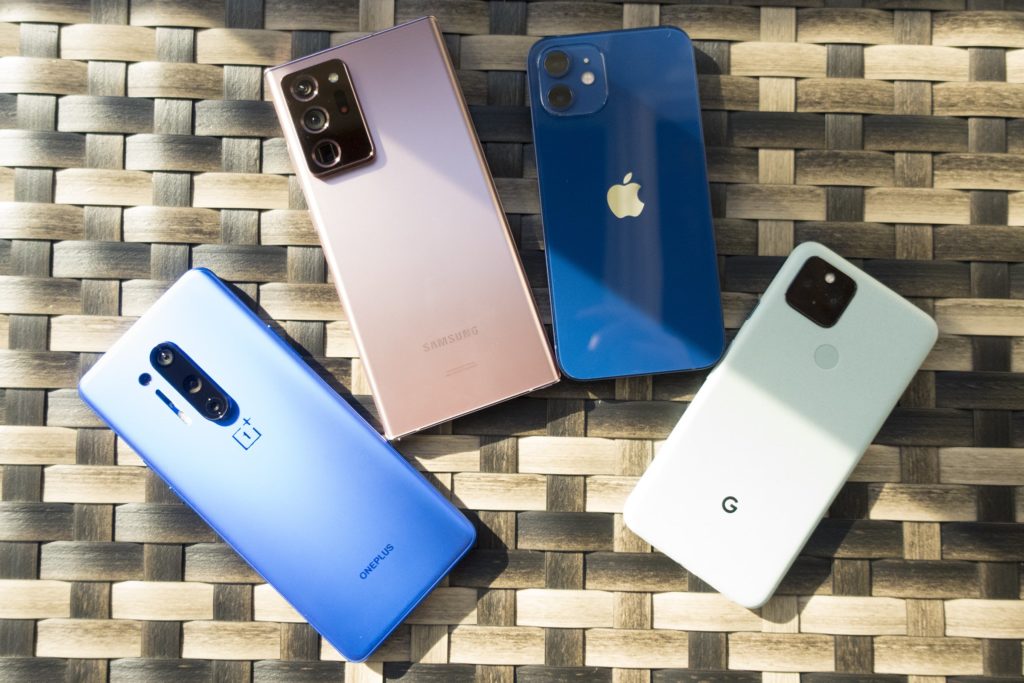
The power of choice extends beyond the operating system or device manufacturer. Android users have the opportunity to redefine the narrative by choosing a messaging platform that transcends boundaries. While Google has been at the forefront of RCS adoption, the responsibility lies with each Android user to make the conscious choice of embracing a messaging standard that promotes openness and connectivity.
Conclusion
As smartphones become increasingly powerful, it’s crucial not to let a single app dictate our choices. The era of iMessage exclusivity shouldn’t be a reason to stick with Apple, especially when a world of cross-platform messaging options like WhatsApp, Telegram, Signal, Viber, and more awaits.
Embracing RCS is not just a technological evolution but a step towards a more open, connected, and inclusive messaging future. So, let’s lead the way, celebrate our messaging diversity, and make iMessage users the outliers in a world that values choice and interoperability.
Discover more from Dignited
Subscribe to get the latest posts sent to your email.


